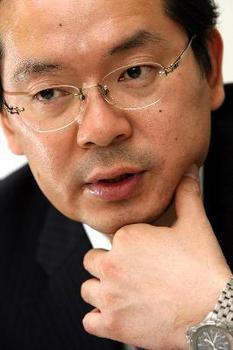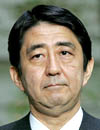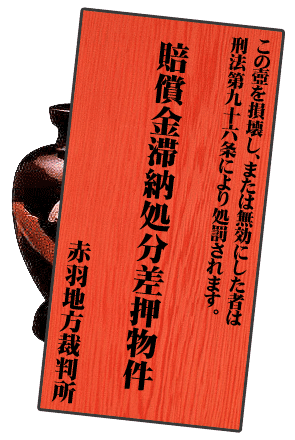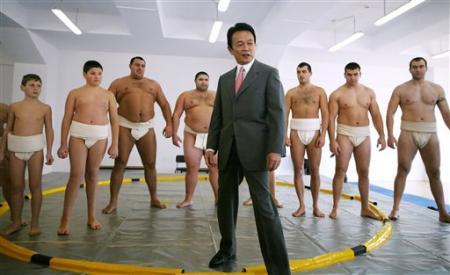The axe may indeed fall on Hiroyuki, though 2ch itself is unlikely to actually change hands. ZAKZAK reports that the man who filed to seize Hiroyuki assets has decided to file to force Hiroyuki into bankruptcy. This is a move that was taken by shareholders of Kinmirai Tsushin Co. recently when cmopany officials tried to flee with their money, and it works:
Kinmirai Tsuushin is suspected of defrauding some 3,000 individual and corporate investors of 40 billion yen by promising to pay lucrative dividends on the basis of its nonexistent Internet telephony operations.
The Metropolitan Police Department began questioning former Kinmirai Tsuushin executives earlier this week over the alleged fraud, investigative sources said. Ishii is now abroad, they said.
On Dec. 7, a real estate company, one of the 3,000 investors, asked the court to declare Kinmirai Tsuushin bankrupt. The real estate company had invested 55 million yen in response to Kinmirai Tsuushin’s solicitation of investments.
The plaintiff noted that he only decided to go forward with this action because the initial reports on Jan 12 of his moves against Hiroyuki sparked further harassment from 2ch readers.
Depending on how things work out, Hiroyuki’s irresponsibility may cause a major disruption in the regular functioning of the Japanese Internet culture. Not that I feel that bad — though it’s a great site in many respects, 2ch is, as Joe just noted, the best example of what happens when the Internet Fuckwad effect goes unchecked for almost 10 years.
But it looks like he is helping pioneer new ways of making the court system effective against harassment campaigns. Meanwhile, there’s more activity on the 2ch site than ever before, and angry 2channelers have been swinging wildly at people who have sued Hiroyuki, such as American-born activist Arudo Debito.

 He joined the Ministry of Finance in 1983 after graduating from Tokyo University’s Faculty of Law. His study abroad, the preferred course for new career officials, was at Cambridge. He had 25 compatriots in his inaugural class. It’s been 23 years since he entered the ministry, but not a single person has left. This is reportedly quite rare.
He joined the Ministry of Finance in 1983 after graduating from Tokyo University’s Faculty of Law. His study abroad, the preferred course for new career officials, was at Cambridge. He had 25 compatriots in his inaugural class. It’s been 23 years since he entered the ministry, but not a single person has left. This is reportedly quite rare. There are those who have argued for interest rate increases by claiming that a rate hike would provide a better return on savings accounts. This, of course, is disingenuous. Current returns are next to nil; even doubling the prime rate from 0.25% to 0.50% would mean little in the way of returns on savings accounts. It would, however, mean substantial increases in terms of mortgages, business loans and automobile loans.
There are those who have argued for interest rate increases by claiming that a rate hike would provide a better return on savings accounts. This, of course, is disingenuous. Current returns are next to nil; even doubling the prime rate from 0.25% to 0.50% would mean little in the way of returns on savings accounts. It would, however, mean substantial increases in terms of mortgages, business loans and automobile loans.
